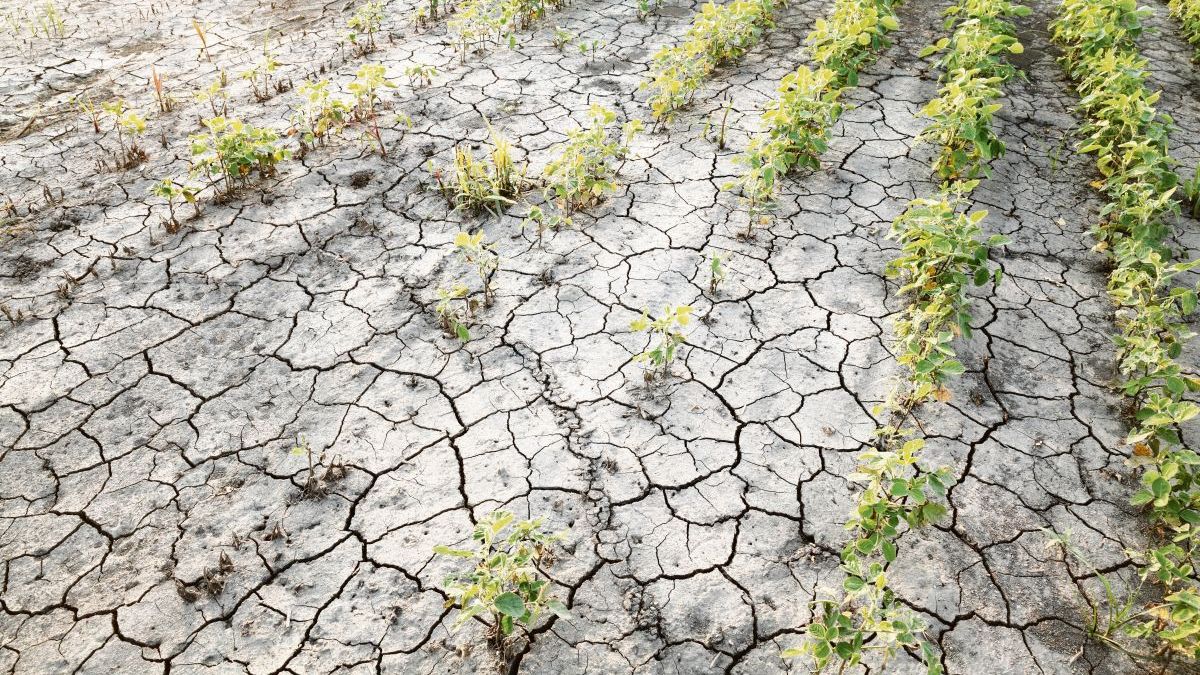For Argentine officials, the final figure for the impact is more than US$22 billion. The IMF is more conservative with the data, and believes that it would be closer to US$10,000 million.
Argentina and the International Monetary Fund are currently discussing the cost of the drought in the Argentine economy for this year. For the Argentine officials who are on one side of the screens of the eternal negotiating zooms, the final figure is more than US$22 billion in loss of income for the country, including both exports for private individuals and export rights for the State, and collection in pesos of profits and other herbs for tax revenue. The IMF is more conservative with the data, and believes that it would be closer to US$10,000 million. Or that, accounting for the entire year, the figure should not reach US$13,000 million.
The content you want to access is exclusive to subscribers.
The debate is open and they estimate from the hosts of the international financial organization that it is Argentina who should argue about why it considers that the number of more than US$20,000 million better represents the liabilities that the 2023 drought will leave; and, consequently, the one that should be taken into account when evaluating the final content of the easing of the current Extended Facilities, which is being rediscussed between the IMF and the country, at the direct “suggestion” of the United States government itself.


As this newspaper reported yesterday, this week negotiations were resumed via Zoom between the Argentine officials appointed by Sergio Massa and those appointed by Kristalina Georgieva to reach a new agreement. LThe parties had imposed the date of next Friday, May 5 as the deadline to reach general agreements, so that later it is the Minister of Economy and Georgieva herself and her number two Gita Gopinath who finish designing the new guidelines of the agreement. Meanwhile, the computers in Buenos Aires and Washington are monopolized by Vice Minister Gabriel Rubinstein, the person in charge of relations with international organizations Marco Lavagna and the chief adviser Leonardo Madcur, from the Palace of Finance, and the person in charge of the Argentine case Luis Cubeddu, from the IMF headquarters.
It is already known that drought is the main topic of debate for being the reason for which the parties agreed to reopen the conditions of the Extended Facilities in force. But it is not the only chapter, regarding the devastating exogenous factors on the Argentine economy. Sergio Massa had already delivered to the IMF in private meetings with Georgieva, a report prepared by Rubinstein and his collaborators, on the final impact during 2022 of the Russian invasion of Ukraine. According to Economy, the rise in energy prices, mainly gas, and food prices, caused the country a loss of some US$4.940 million; measured in outflow of dollars to pay for the energy input and in unscheduled inflation.
Georgieva had already made a commitment to Massa to take these external factors as valid when estimating compliance with the goals and objectives committed to in the agreement signed in March 2022. However, up to now there have been no concrete responses to the proposal. For the Government, the time has now come to also take this factor into account, since it was not considered when evaluating the evolution of committed reserves during the past year.
Source: Ambito




